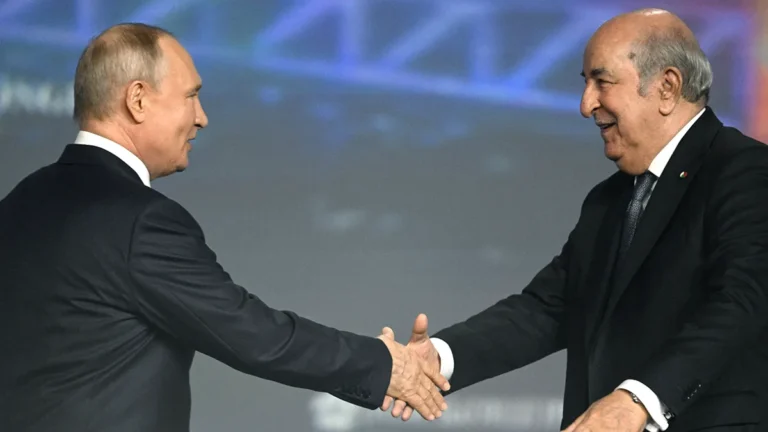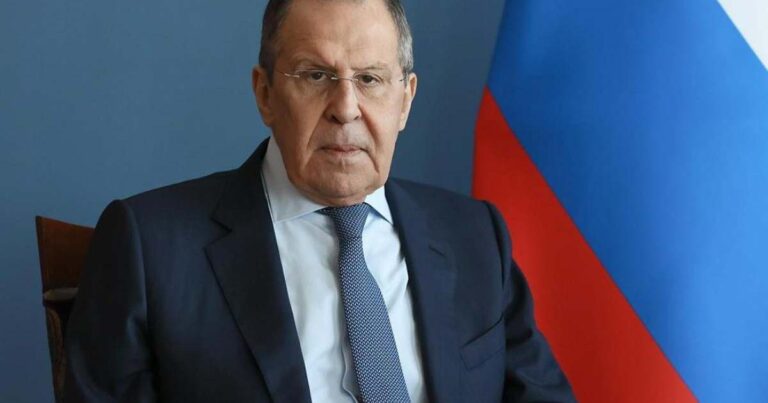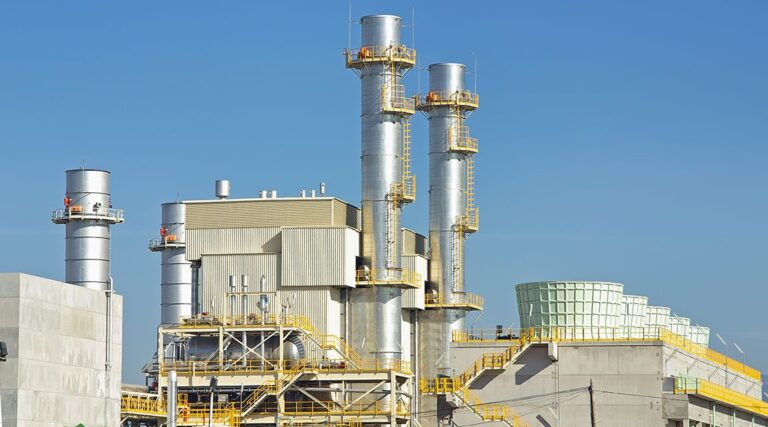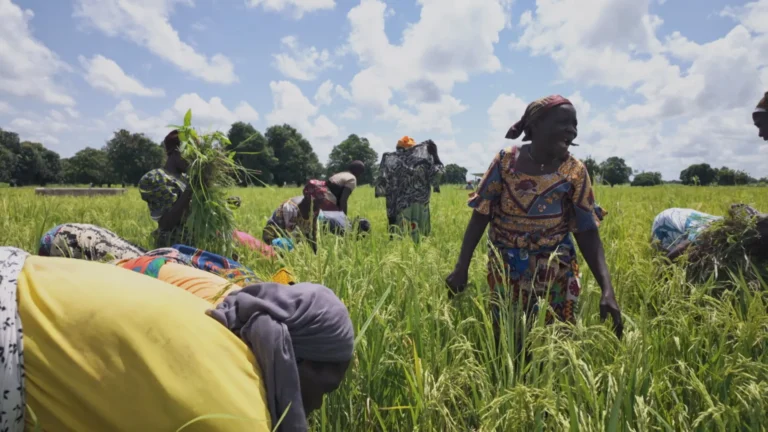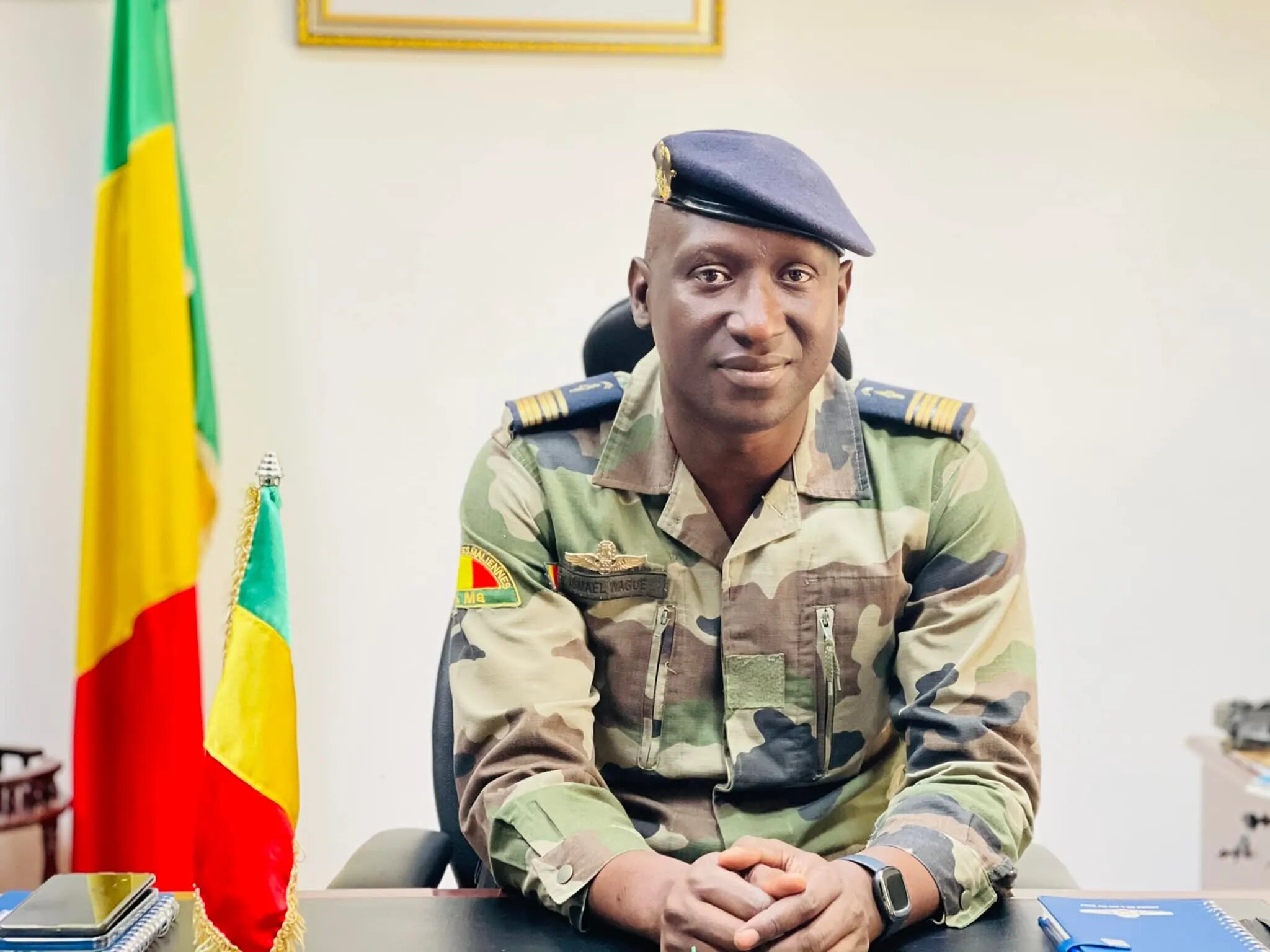
Mali’s Prime Minister Major General Abdoulaye Maïga welcomed a delegation from the Regional Consular Chamber of the West African Economic and Monetary Union (CCR-UEMOA) on Tuesday, signaling Mali’s determination to maintain strong regional economic cooperation despite its recent exit from ECOWAS.
The meeting, held in Bamako as part of the CCR’s quarterly session, brought together key actors from both the Malian government and the UEMOA business community.
It focused on deepening integration, enhancing regional trade, and promoting local entrepreneurship.
Prime Minister Maïga praised “the commitment of the Malian private sector despite the effects of the embargo,” and reaffirmed the government’s vision of a “sovereign and resilient economy.”
While distancing itself politically from ECOWAS, Mali remains firmly engaged in UEMOA, the economic bloc that shares a common currency and market among eight West African nations.
Héléna Nosolini Embalo, President of the CCR-UEMOA, outlined the chamber’s priorities for the 2024–2027 period, which include fostering collaboration between governments and private enterprises, easing intra-regional trade flows, and boosting the competitiveness of local products.
“We hope to see Malian companies fully integrated into regional value chains,” she emphasized.
The economic backdrop remains cautiously optimistic. According to the Central Bank of West African States (BCEAO), Mali’s economy grew by 4.1% in 2024, with agriculture and services as key drivers.
Inflation stood at 3.3%, and the public deficit narrowed to about 3% of GDP.
The International Monetary Fund projects a further uptick to 4.7% growth in 2025.
Accompanying the talks were Minister of Industrial Development, Crafts and Hospitality, Mamou Daffé, and Madiou Simpara, President of the Malian Chamber of Commerce and Industry.
Discussions centered on Mali’s national recovery plan, which prioritizes industrialization, value-added local production, and private sector-led growth.
This latest engagement underlines Mali’s strategic pivot toward economic diplomacy and regional integration through trade and investment, even as it redefines its broader geopolitical affiliations.
